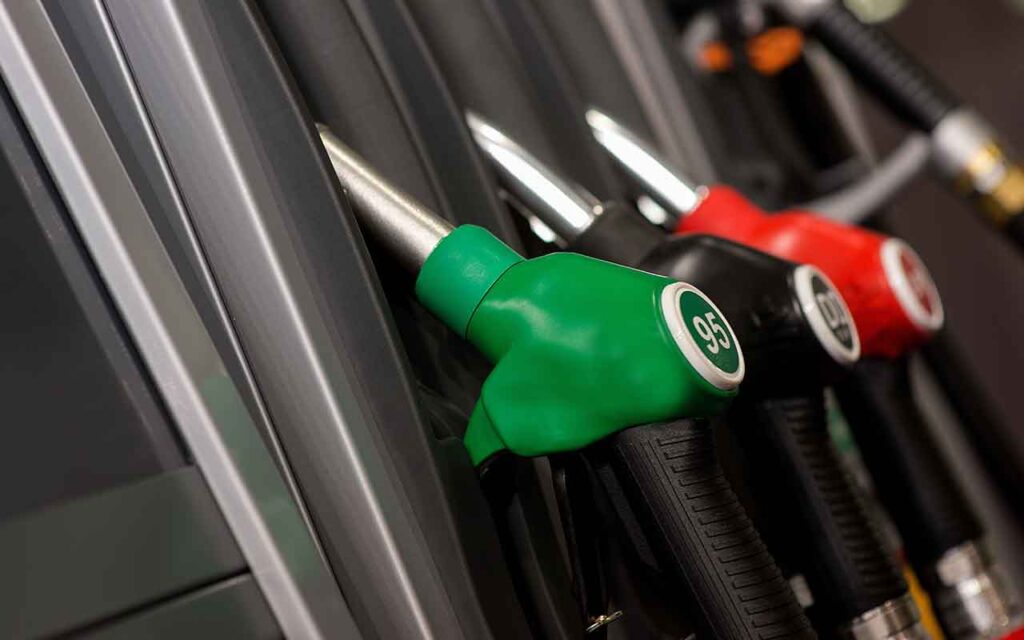Why the price change?
Fuel prices have always been a contentious issue, with consumers feeling cheated and confused by the constant changes in prices. The fuel industry seems to have a unique ability to get away with this behaviour, which raises the question of how they manage to do it.
One factor that contributes to the fuel price cycle is the volatility of the global oil market. Prices of crude oil can fluctuate rapidly based on a range of factors, including geopolitical tensions, natural disasters, and changes in supply and demand. Fuel retailers need to adjust their prices accordingly to remain profitable, and these adjustments can happen quickly.
Another factor is the competitive nature of the fuel industry. With so many players in the market, retailers are constantly looking for ways to gain an edge over their competitors. One way to do this is to offer lower prices during quiet periods to attract customers. The fuel price cycle, therefore, becomes a way for retailers to compete with each other while maintaining their profit margins.
The ACCC has repeatedly investigated the fuel industry for anti-competitive behaviour, with no success. One reason for this could be the complexity of the industry, which involves multiple players, including refiners, wholesalers, and retailers. Proving collusion or price fixing can be challenging in such a complex market.
As consumers, we have become somewhat desensitised to the fuel price cycle, accepting it as a necessary evil of owning a car. However, with the rise of alternative fuels and electric vehicles, the fuel industry may soon face increased competition, which could lead to changes in the way they do business.
It used to be a weekly cycle, then a fortnightly cycle, but now it goes for three weeks or more. Changing the cycle to a much longer time frame means most of us have to fill up when the price is highest, unless you only drive to church on Sunday. So we are all left feeling rather cheated when the price increases unexpectedly and dramatically, sometimes by 40 cents per litre or more than the day before. Then the nightly news reports the price rise as an “outrage” even though it’s been happening for decades.
Getting back to the ACCC , no wonder they’ve gained the nickname “Toothless Tiger”. They’ve launched multiple tax payer funded investigations into the uncompetitive behaviour of the fuel industry, but it seems they’re made of teflon. Nothing ever sticks, and in the end, they always come out smelling of roses…… even though obviously fuel and roses have quite different odours.
Do you think any other business sector could get away with introducing a price cycle? Imagine if there was a printing price cycle. Imagine if you walked into Simply Print and ordered 100 A4 copies on Monday for $15 and then got a reprint the next day, only to find it cost you $20. You’d certainly ask questions wouldn’t you? Imagine if you stormed out in disgust and walked into the print shop up the road only to find out they have the same cycle. “Sorry sir, but if you’d only come in yesterday, that’s the “cheap copy” day”. It wouldn’t be long before all printers are investigated by the ACCC for price fixing, and I bet we wouldn’t be teflon coated.
If customers were to find that prices for printing services varied dramatically based on the day of the week or time of the month, they would likely question the motives behind this behaviour. The printing industry is a competitive market, with numerous players vying for customers’ business. If one company were to introduce a price cycle, it could likely lead to a domino effect, with other companies following suit to remain competitive. However, it is unlikely that this would be sustainable in the long term, as consumers would soon start to question the fairness and transparency of the industry.
As far as I can see, there is no other industry that can get away with this non-competitive behaviour, so how does the fuel industry do it? Have we as a community just accepted it? Perhaps we should all stop driving our cars. And in that probably lies the answer. We can’t. People can live without printing, or beer (well some of us can), or roses, but we all need our cars. When steam cars take off, we may just have the last laugh.


